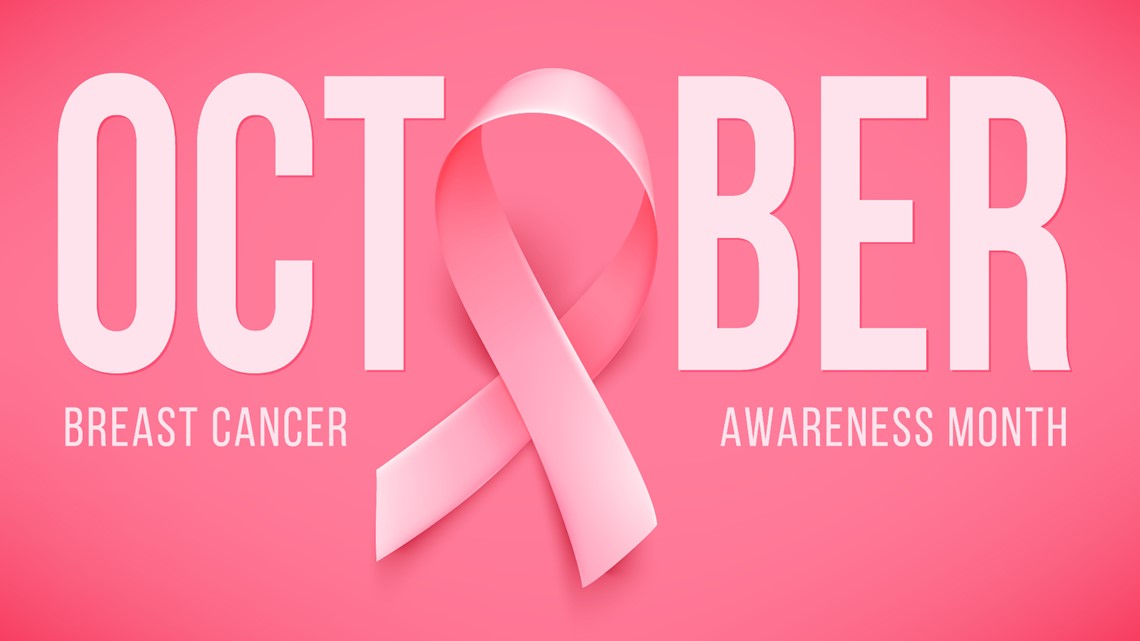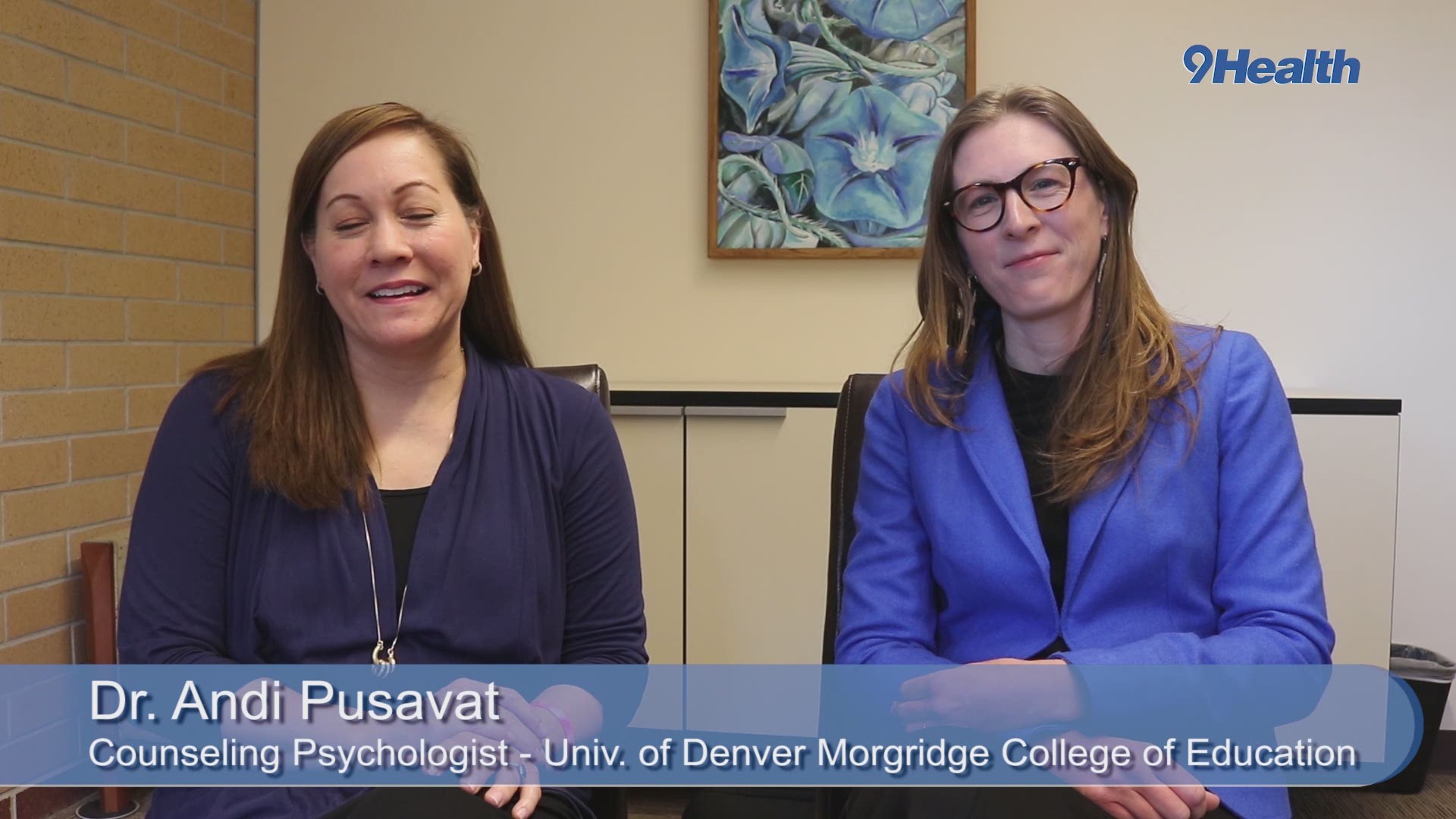COLORADO, USA — For those newly diagnosed with breast cancer, the challenges are more than physical.
Health Happens, the weekly Facebook Live show from 9Health, talked with counseling psychologists from the University of Denver Morgridge College of Education. You can watch the full Health Happens episode by clicking here.
“Initially a lot of people have kind of a shocked and overwhelmed reaction and it’s important to note that they might have a wide range of intense emotions when they first are diagnosed. Things that people experience oftentimes are depression, anxiety, isolation, they may also experience a change in their relationships,” explains Dr. Andi Pusavat.
A history of mental illness can be exacerbated by a breast cancer diagnosis, and treatment is difficult and can leave many depressed, anxious, or feeling alone. Even breast cancer survivors can struggle and need help finding meaning after their cancer treatment is completed, “If people can get to a place where they can identify meaning from the experience they tend to be coping better if they’re still in the process of searching for meaning, that can be challenging and create distress,” says Dr. Trish Raque-Bogdan.
It’s important for those with cancer to have a strong support system. For family and friends, it can be hard to distinguish between signs that someone needs help with their mental health and cancer symptoms.
The American Cancer Society says some things to look for include:
- Unable to eat or sleep
- Lacks interest in usual activities for several days
- Unable to find pleasure in things they’ve enjoyed in the past
- Has emotions that interfere with daily activities and last more than a few days
- Acts more confused
- Has trouble breathing
- Has new or unusual symptoms that cause concern
While cancer patients have a lot of appointments, they should be sure to have a counselor, therapist, or another mental health professional on their healthcare team. For breast cancer patients, the American Psychological Association recommends a combination of group therapy and individual therapy. Group therapy can allow women to share emotional support, and individual therapy helps women learn problem-solving skills and alter patterns of negative thinking. A therapist can also help patients work through body image or sexuality issues related to breast cancer treatment.
“It’s important that they think about seeking help and really connecting with others around that diagnosis and the effects it’s having on their life,” adds Dr. Pusavat.


“We know social support is so important so creating that space to have authentic, honest conversations about reactions to cancer and not always rushing in to fix it but just honoring where someone is,” says Dr. Raque-Bogdan.
During Breast Cancer Awareness Month, 9Health is following the cancer journey of Dr. Michelle Tollefson. A physician and professor recently diagnosed with breast cancer and is now being treated and recovering. You can see her story by clicking here.
9Health is a 501c-3 community non-profit empowering people to put health in their own hands by providing tools such as preventive health screenings, evidence-based, objective health education and eTools and resources for every day in your health journey. To support their work, go to 9HealthFair.org.
SUGGESTED VIDEOS | Local stories from 9NEWS

